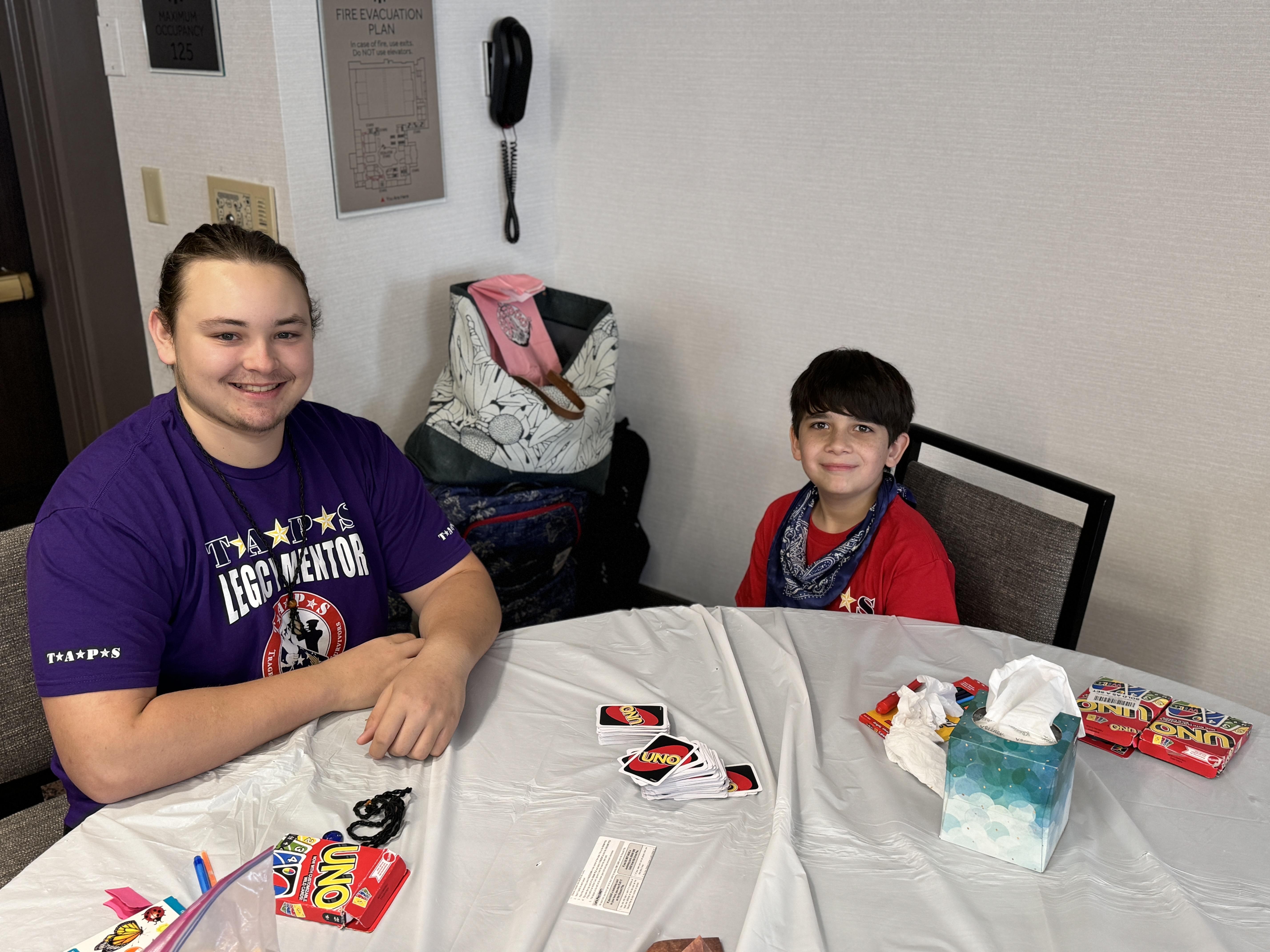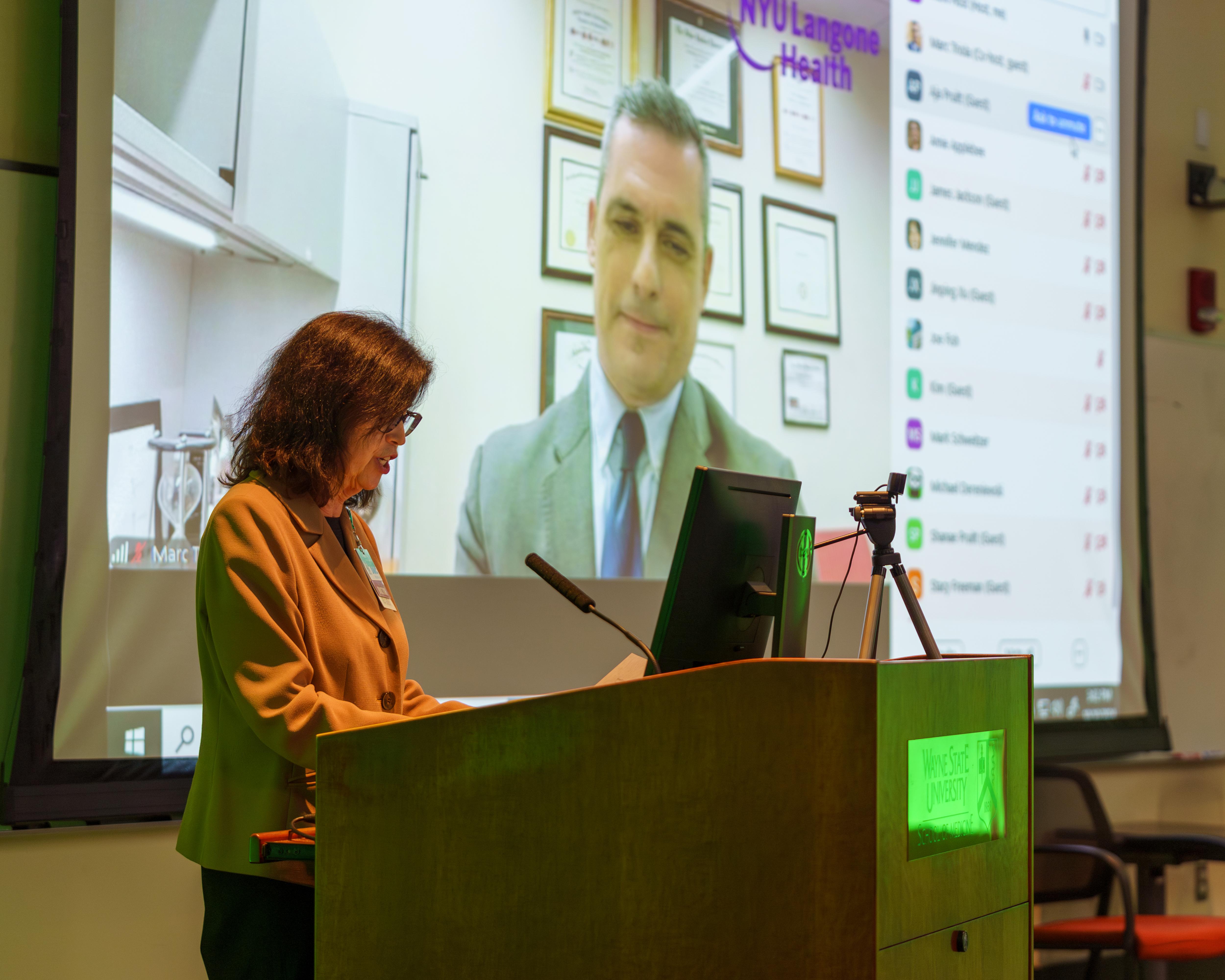In an era where rapid technological advancements and shifting societal norms often overshadow long-standing traditions, the concept of building a family legacy that endures through generations is more relevant than ever. This endeavor, while daunting, is not only a testament to familial resilience but also a strategic investment in the future. A family legacy is far more than just wealth or property; it encompasses values, traditions, and a shared vision that can guide successive generations through the vicissitudes of life. By analyzing the key components that contribute to a lasting legacy—such as effective communication, strategic planning, and adaptability—families can construct a robust framework that not only preserves their heritage but also empowers future members to thrive. This article delves into the methodologies and principles essential for cultivating a family legacy that stands the test of time, providing a roadmap for those who aspire to leave an indelible mark on their descendants.
Understanding the Foundations of a Lasting Family Legacy
Building a legacy that endures through generations requires a deep understanding of core values and a commitment to fostering a strong familial bond. At its heart, a family legacy is not solely about material wealth or estate planning; it’s about instilling values, traditions, and stories that embody the essence of the family. This foundation is critical, as it guides future generations in maintaining and nurturing the legacy you envision. Begin by clearly defining the core values that your family holds dear—integrity, compassion, perseverance, or innovation. These values serve as guiding principles that shape the family’s collective identity and influence how each member approaches life’s challenges and opportunities.
- Storytelling: Share family stories that highlight these core values and past triumphs.
- Traditions: Establish meaningful traditions that reinforce the family’s unique culture.
- Education: Prioritize education as a means of empowering future generations.
- Communication: Maintain open and honest communication to strengthen family ties.
Cultivating a lasting legacy also involves recognizing and embracing the diversity of each family member’s strengths and contributions. Encourage every member to pursue their passions and talents, fostering an environment where individuality is celebrated. This balance between collective identity and individual growth is key to ensuring that the legacy evolves while staying true to its foundational values. By weaving these elements into the very fabric of your family’s narrative, you create a living legacy—one that is robust, adaptable, and capable of spanning generations.

Strategic Financial Planning for Multi-Generational Wealth
Crafting a robust financial strategy that transcends generations requires foresight and a deep understanding of both market dynamics and familial values. At the heart of this endeavor is the establishment of a comprehensive financial plan that not only addresses current financial goals but also anticipates future needs and challenges. This involves diversifying investment portfolios to mitigate risks while ensuring steady growth. Families should consider a blend of traditional assets such as stocks and bonds with alternative investments like real estate or private equity. Additionally, the importance of tax-efficient strategies cannot be overstated; utilizing trusts and family limited partnerships can be pivotal in preserving wealth across generations.
Equally critical is the cultivation of financial literacy among all family members. Education plays a crucial role in ensuring that wealth is not only maintained but also appreciated in value over time. Families can achieve this through:
- Organizing regular family meetings to discuss financial objectives and review investment performance.
- Engaging with financial advisors who specialize in multi-generational wealth management.
- Creating a family mission statement that aligns financial goals with shared values and legacy aspirations.
Emphasizing transparency and open communication fosters a sense of responsibility and commitment, empowering future generations to uphold and enhance the family legacy.

Cultivating Values and Traditions to Strengthen Family Bonds
In today’s fast-paced world, the essence of a strong family legacy often lies in the values and traditions that bind generations together. By instilling a shared set of beliefs and customs, families can create a cohesive unit that not only thrives in the present but also ensures a lasting impact for future generations. Values, such as integrity, kindness, and perseverance, serve as guiding principles that shape the actions and decisions of family members. Traditions—whether it’s a weekly family dinner, holiday celebrations, or storytelling sessions—act as anchors, providing a sense of continuity and belonging.
- Promote Open Communication: Foster an environment where every family member feels heard and valued.
- Celebrate Achievements: Acknowledge and celebrate both small and large milestones to reinforce a sense of pride and accomplishment.
- Encourage Shared Activities: Engage in activities that require collaboration and teamwork, strengthening family bonds.
- Document Family History: Create a record of family stories and achievements to pass down through generations.
By deliberately cultivating these elements, families can ensure that their legacy is not only preserved but also cherished and enhanced by those who come after them. This strategic approach to nurturing family values and traditions can transform them into powerful tools for unity and resilience, capable of weathering the challenges of time.

Leveraging Education and Skills for Future Success
In today’s rapidly evolving world, the importance of education and skills cannot be overstated. Families aiming to create a lasting legacy must prioritize equipping the younger generation with tools that will ensure their success. Education is the cornerstone of this strategy, providing the foundational knowledge necessary for critical thinking and problem-solving. Equally important is the cultivation of practical skills that align with the demands of the modern workforce. These include, but are not limited to:
- Digital literacy: Understanding and utilizing technology effectively.
- Communication skills: Mastery of both verbal and written communication.
- Emotional intelligence: The ability to navigate interpersonal relationships judiciously and empathetically.
By fostering an environment that values continuous learning and skill development, families can ensure that each generation is better prepared to face future challenges. This proactive approach not only enhances individual prospects but also solidifies a family’s legacy as one that thrives across generations.



